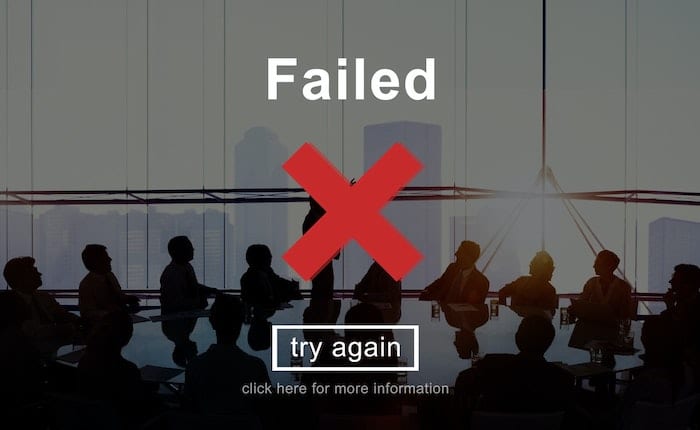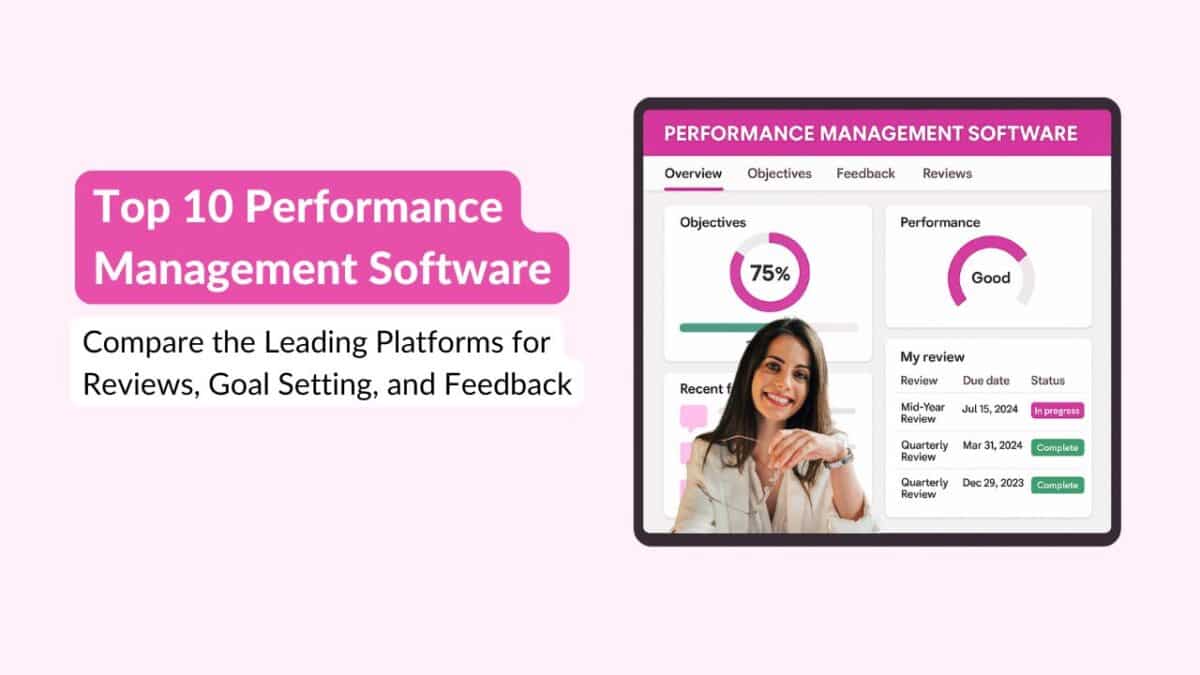Employee performance review is one of the most popular practices for evaluating employee performance. We have written various articles on our blog that talk about the importance of employee performance reviews and can help you get familiar with the process.
With performance reviews, everything seems to be advantageous to the organization; but there is a less commonly discussed aspect of performance reviews that tells a different story. What if your performance review is destroying your team?
Also read:
6 Performance Review Tips For New HRs
A Guide To Performance Reviews For Remote Employees
Here are four things to avoid during a performance review if you do not want it to negatively affect your team!
Recency Bias
No matter how many times you do it, bias always makes its way into the review. Recency bias during reviewing performance makes the review inaccurate. As humans, it is natural to remember the most recent events, but when you are reviewing performance, it is important to look at the full picture.
Recency bias not only affects the review process but also destroys teamwork. Recency bias can be either positive or negative and makes the review one-sided. Depending on the recent events, you might give negative review to a team member and positive to another despite the fact that they both may have put equal amounts of effort. This leads to a conflict between these teammates and negatively affects the way they work with each other and hence destroying the teamwork.
Criticism With No Praise
Constructive criticism motivates employees to give their best performance but criticism over and over again with no positive recognition or praise does the opposite. Employees stop taking the review seriously and tend not to act on it. On the other hand, criticizing a team member over and over again makes other team members lose respect for the team member. This is not very healthy for teamwork.
Along with criticism, it is important to praise employees too to keep the team motivated and enthusiastic.
Promoting Negative Competition
It is a known fact that performance review has a great effect on employees’ careers. A performance review is usually a subjective review given by the manager to their direct reports. Every employee, at one point or the other wants their manager to recognize their good work.
When a team’s performance is reviewed together, as opposed to one by one, this may promote negative competition between the teammates, wherein they might not be interested to help each other or collaborate with the team.
The Blame-Culture
When we say blame-culture, it means the culture where employees refuse to accept negative performance review and blame their teammates. This usually happens because of basing their pay on the performance review.
Most companies tie their performance review to compensation and the performance review becomes all about the money. This practice makes way for the blame culture where individual employees focus more on getting a pay raise than to improve themselves and blame each other instead of working as a team. Performance reviews should be about improving employee performance and not about compensation.
If you want to know how to give effective performance reviews, Request for a live demo from ENGAGEDLY!
Request A Demo
Author
Srikant Chellappa
CEO & Co-Founder of Engagedly
Srikant Chellappa is the Co-Founder and CEO at Engagedly and is a passionate entrepreneur and people leader. He is an author, producer/director of 6 feature films, a music album with his band Manchester Underground, and is the host of The People Strategy Leaders Podcast.






